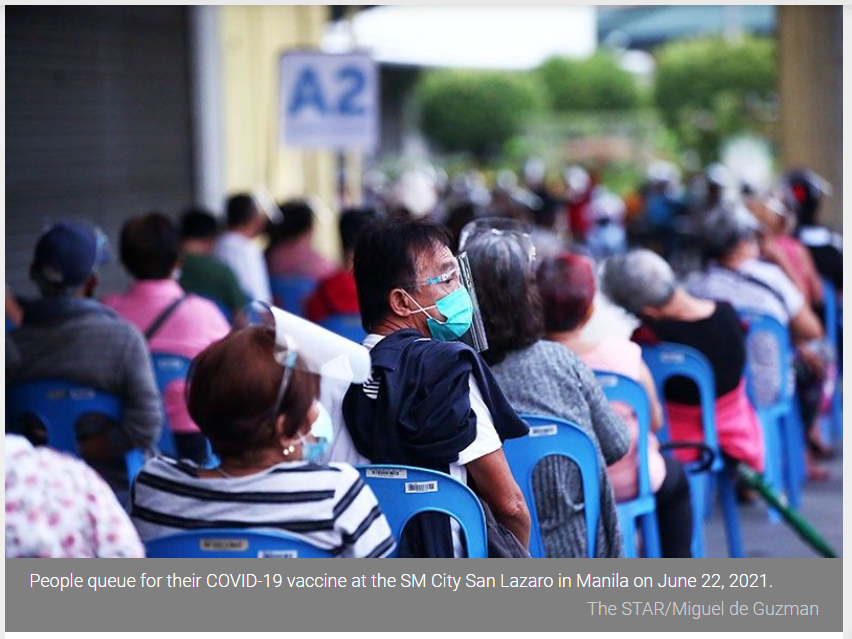Philippines: Lockdown rollback tempers unemployment rate in May
MANILA, Philippines — The proportion of Filipinos who were either jobless or out of business dropped in May, as a rollback of pandemic restrictions allowed some people to get their jobs back and secure longer working hours.
There were 3.73 million Filipinos who were unemployed in May, the Philippine Statistics Authority reported Thursday. That count translates to a jobless rate of 7.7%, easing from 8.7% rate recorded in the preceding month.
While the contraction in the unemployment number is a welcome news, National Statistician Claire Dennis Mapa pointed out that the figure is the 16th highest reading in the PSA’s data set that dates back to 2005, when state statisticians adopted a new definition of unemployed. “We cannot really say that this is low,” Mapa said in a press conference.
For economic officials, the latest unemployment figure highlighted the strong link between quarantine restrictions and labor market outcomes. Indeed, a brief return to strict lockdowns in Metro Manila and four nearby provinces from late March to mid-April erased some gains in restoring jobs lost amid the pandemic, but the looser restrictions since mid-May allowed some Filipinos to get their livelihoods back. The government has also started vaccinating essential workers as more supply from abroad arrives.
At the same time, shortened curfew hours allowed some people to work for much longer during their shift. PSA data showed there were 5.49 million Filipinos looking for additional jobs to augment their income in May, translating to an underemployment rate of 12.3% which was a significant drop from 17.2% rate in April. PSA’s Mapa said there was notable increase in number of full-time workers in the construction, wholesale retail trade and manufacturing sectors.
The improving labor market conditions, in turn, encouraged more Filipinos to hunt for jobs again, with old people even coming out of retirement to help replenish lost family income and savings. The labor force participation rate, representing people aged 15 years and above who are actively looking for work, grew 64.6% in May from 63.2% in the preceding month, figures showed.
“These significant improvements point to an economy on the mend,” economic managers said in a joint statement.
State support still ‘insufficient’
But Leonardo Lanzona, labor economist at Ateneo De Manila University, was not entirely impressed with the latest data, arguing that the lack of sufficient government support likely prompted some Filipinos to look for jobs in the informal sector, where quality of work might be deteriorating already.
“It is very likely that those who were previously unemployed are being absorbed by the informal sector. A significant portion could be self-employed. Given the insufficient government support, the poor cannot afford to be unemployed,” Lanzona said in a text message.
“The poor will accept whatever job that is available… In effect, we would see less unemployment in the future, but the quality of work, especially those from the informal sector, may be decreasing as well,” he added.
Separately, Nicholas Mapa, senior economist at ING Bank in Manila, said it will be difficult to say for certain whether the softening of unemployment figures is a sustainable trend considering threats from more infectious coronavirus variants that may trigger another round of lockdowns.
“We remain uncertain of prospects for recovery as we know that the overall health of the economy and the subsequent impact on the labor market go hand in hand with (community quarantine) levels,” Mapa said in an e-mailed commentary.
Source: https://www.philstar.com/business/2021/07/01/2109474/lockdown-rollback-tempers-unemployment-rate-may


 Thailand
Thailand




